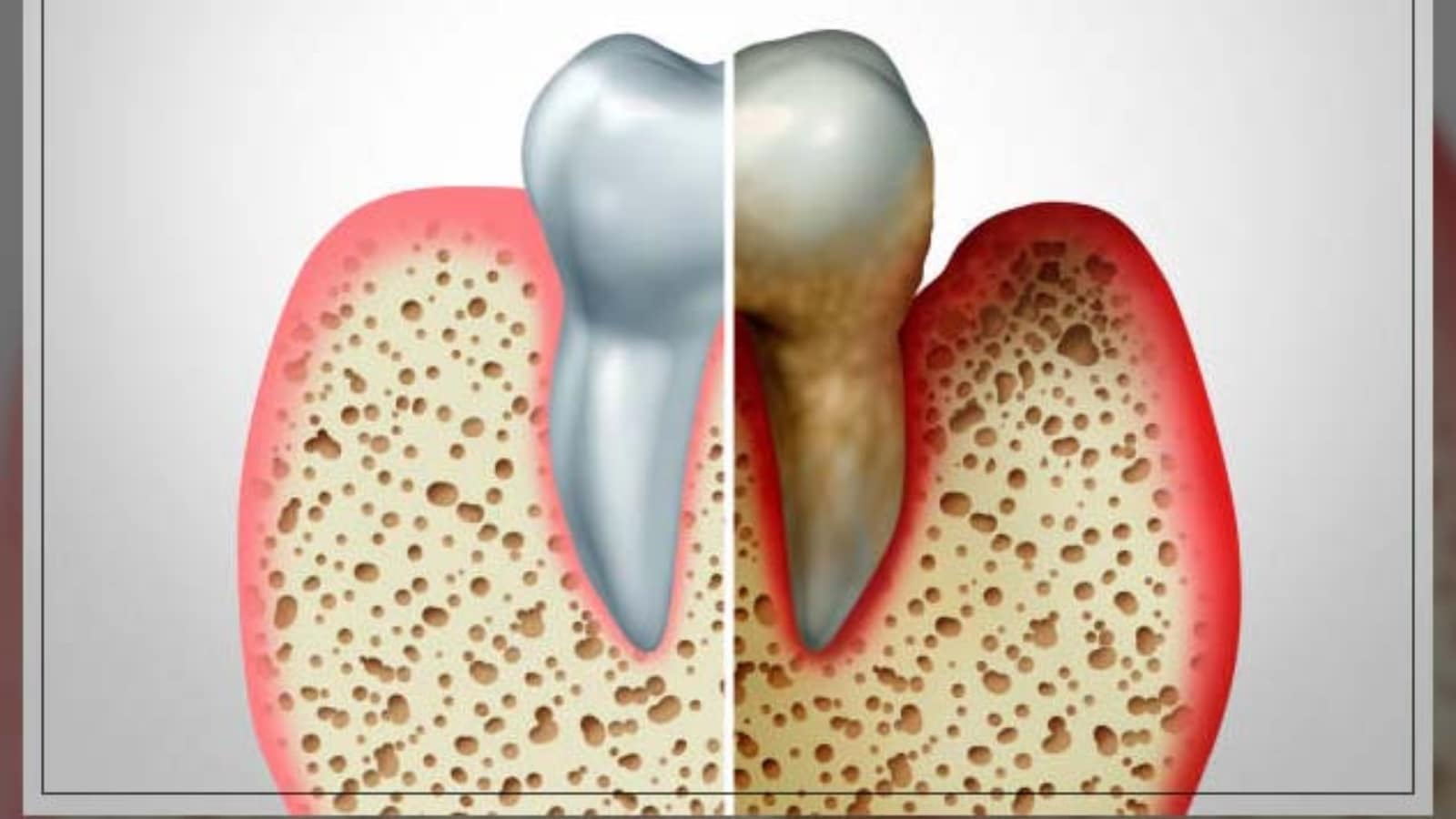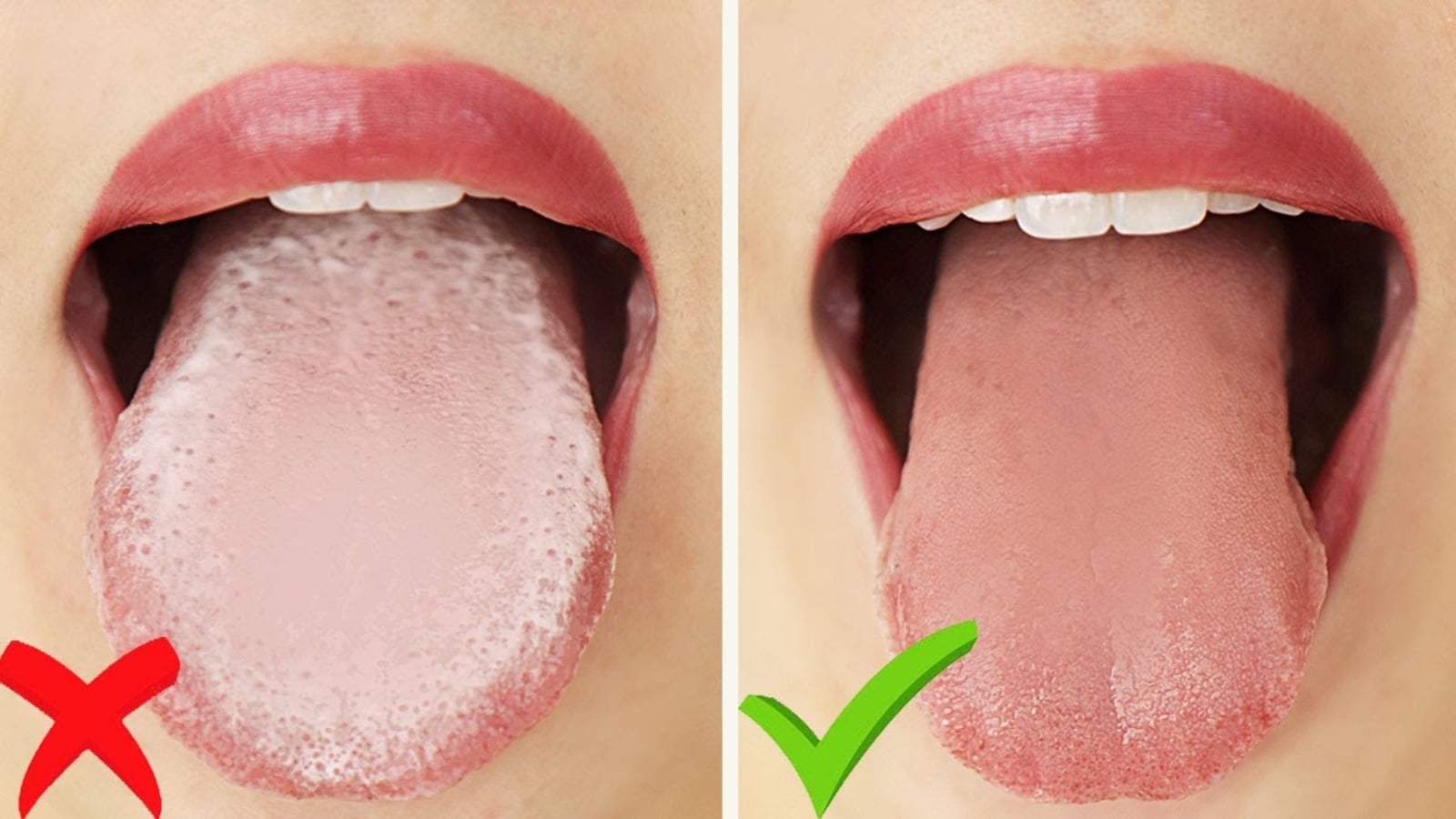
How to Look After Sensitive Teeth: Advice from a Bridgeville Dentist
Tooth sensitivity tends to surprise you. One minute you’re drinking a hot cup of coffee or a chilled glass of water—and the next thing you know, there’s a shooting pain. It’s not just pain. For most of us, it’s a constant reminder that something is amiss.
At Pearl Dentistry in Bridgeville, we’ve seen how even mild sensitivity can interfere with daily life. Fortunately, small, steady changes in your habits can make a real difference.
What Causes Tooth Sensitivity?
Sensitivity usually starts when the protective layer of your tooth, enamel, wears down or your gums begin to recede. This exposes the inner layer called dentin, where tiny tubules lead directly to the nerve.
Some common reasons this happens:
- Overbrushing or a hard-bristled toothbrush
- Acidic foods and drinks erode enamel
- Grinding or clenching the teeth
- Tooth decay, chipped teeth, or worn-out fillings
- Gum disease causing recession
All these concerns create an opening for nerve sensitivity. It’s not a random pang—it’s usually a message.
How to Get Rid of Sensitive Teeth at Home
A few thoughtful habits can significantly reduce that pungent sensation:
1. Choose a soft toothbrush
Switching to medium or hard bristles will shield enamel and avoid gum wear.
2. Brush with sensitive teeth-friendly toothpaste
Desensitizing toothpaste works because it inhibits pain messages or makes enamel more resilient. But don’t be impatient—it may take a week or two before you notice the difference.
3. Brush softly
Soft circles are superior to scrubbing. Let the brush work.
4. Keep an eye on your diet
Soda, citrus juices, and even wine are acidic drinks that can soften enamel. Try to rinse with water afterwards and don’t brush immediately.
5. Manage night-time grinding
If you wake up with pain in your jaws or headaches, chances are that you are grinding your teeth during the night. A nightguard will protect your enamel and take pressure off your jaw joint.
When to See a Dentist
If treatment at home doesn’t work, or if sensitivity is growing, it’s worth visiting. A dentist will remove cavities, cracked teeth, or gum infection—issues that will not repair themselves.
We also check for bruxism and jaw joint inflammation symptoms in our Bridgeville office, which can cause both enamel and TMJ pain. Most don’t even realize their tension in the jaw is giving them tooth pain.
As the best dentist in Bridgeville has to offer, we diagnose the reason, not merely mask the issue. If your issue is erosion, recession, or malocclusion, you’ll have a treatment plan that’s suited to you.
Treatment for Chronic Sensitivity
If over-the-counter treatments are not enough, try these professional treatments your Bridgeville dentist may recommend:
- Strengthening enamel using fluoride varnish
- In-office desensitizing products
- Bonding resin to cover exposed surface areas
- Grafting gum for recession
- Nightguards to prevent grinding
- Treatment for TMJ when there is jaw pressure
Each technique is chosen based on what’s causing your sensitivity—not where it hurts.
Small Changes, Long-Term Comfort
Teeth sensitivity is not about avoiding cold drinks. It’s about protecting the long-term health of your jaw joint, gums, and enamel. You don’t need to put up with pain. With some slight adjustments and expert dental advice, your teeth can become more comfortable and resilient every day.
If your sensitive teeth are affecting your quality of life, don’t wait. Schedule a visit with Pearl Dentistry in Bridgeville today. You’ll get care that looks beyond symptoms—and toward real relief.





